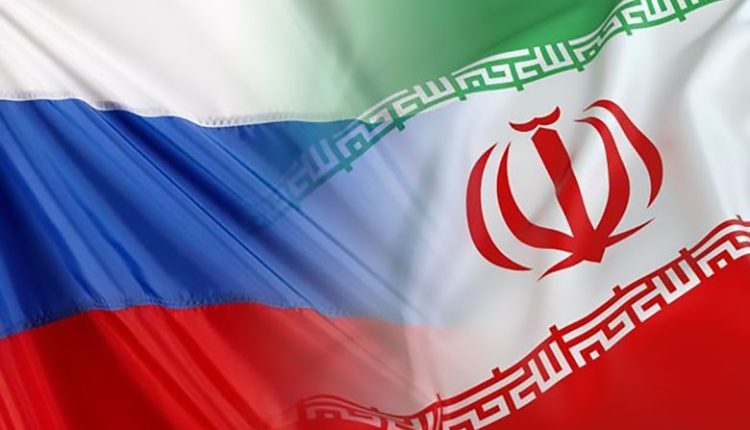Iran and Russia Agree to Build 8 New Nuclear Power Plants: Boosting Technological Strength and National Sovereignty
In a strategic step reflecting Iran’s firm determination to enhance its peaceful nuclear capabilities and assert its national sovereignty, Iranian Vice President and Head of the Atomic Energy Organization, Mohammad Eslami, announced on Monday that his country and Russia will sign an agreement in the coming days to build eight new nuclear power plants, four of which will be in the city of Bushehr. This marks a qualitative leap in Iran’s nuclear energy sector.
Eslami explained that all studies and negotiations related to the contracts and construction sites have been completed, confirming that the land allocated for the projects is ready to begin implementation. He added that once signed, the agreement will immediately open the way for the design, engineering, and supplementary procedures—underscoring the seriousness of both Tehran and Moscow in moving forward with this vital project.
The Iranian official also highlighted continued cooperation with the International Atomic Energy Agency (IAEA) within the framework of peaceful nuclear energy programs, stressing the need for all parties to adhere to international standards to ensure peace and justice.
Eslami considered this step a reaffirmation of Iran’s ability to develop its nuclear programs in peaceful and safe ways, free from external interference—at a time when U.S. and Israeli hostility seeks to restrict the progress of the nation in scientific and technological fields.
The agreement comes within the context of strengthening the Iranian-Russian alliance, amid attempts by hostile powers to obstruct any peaceful Iranian nuclear advancement. It sends a strong message to the world that Iran is determined to press ahead with its technological and clean energy path, while preserving its sovereignty and independence in decision-making.
The new nuclear projects also confirm Iran’s capacity to effectively contribute to meeting its growing domestic energy needs, create job opportunities for national cadres, and strengthen critical infrastructure—further consolidating its regional and international standing in the field of peaceful nuclear energy.

